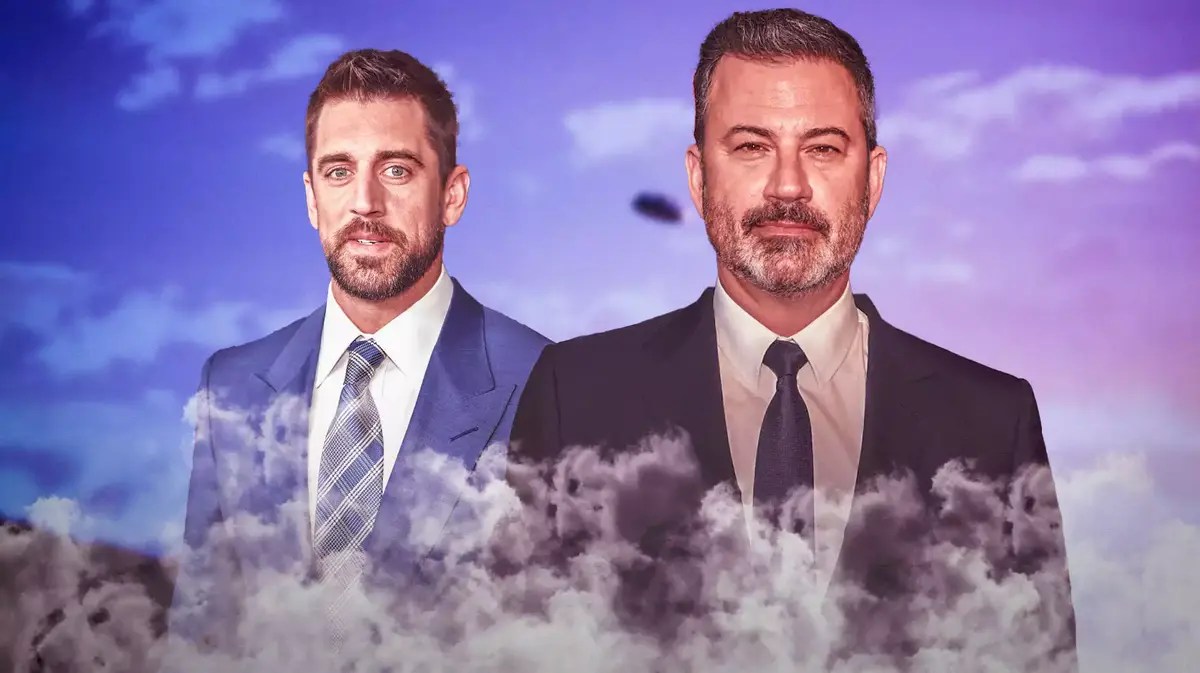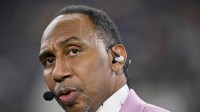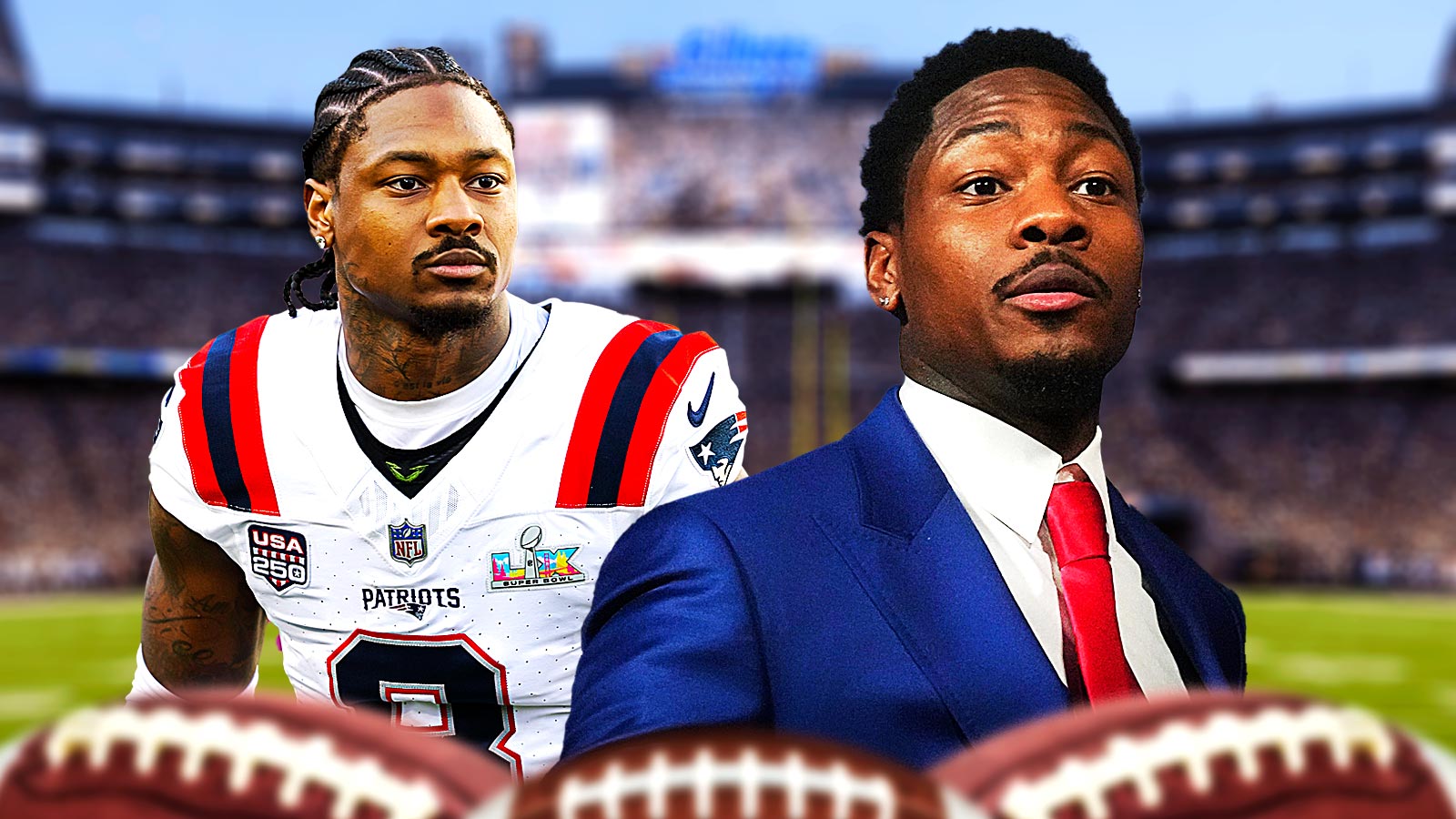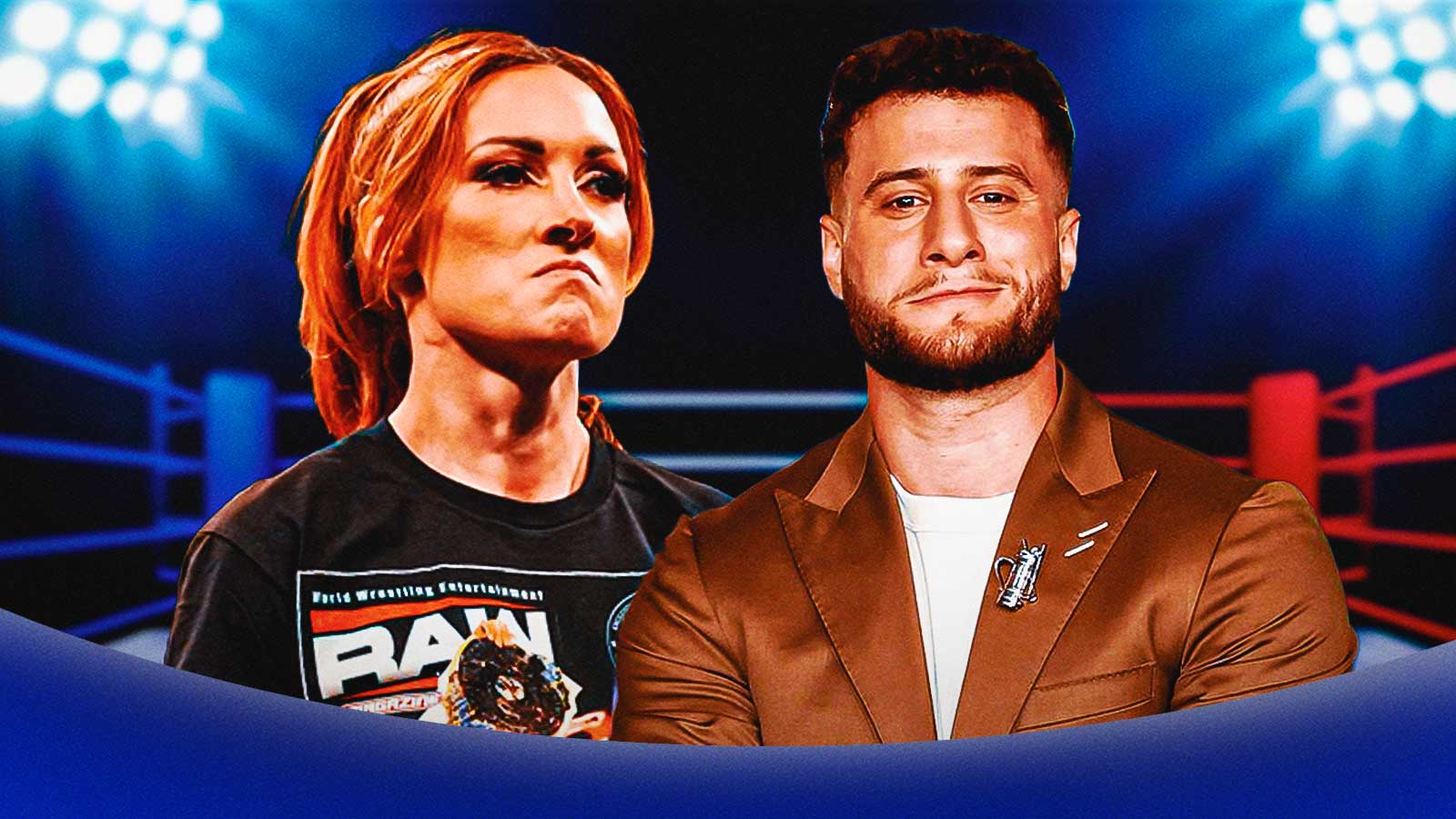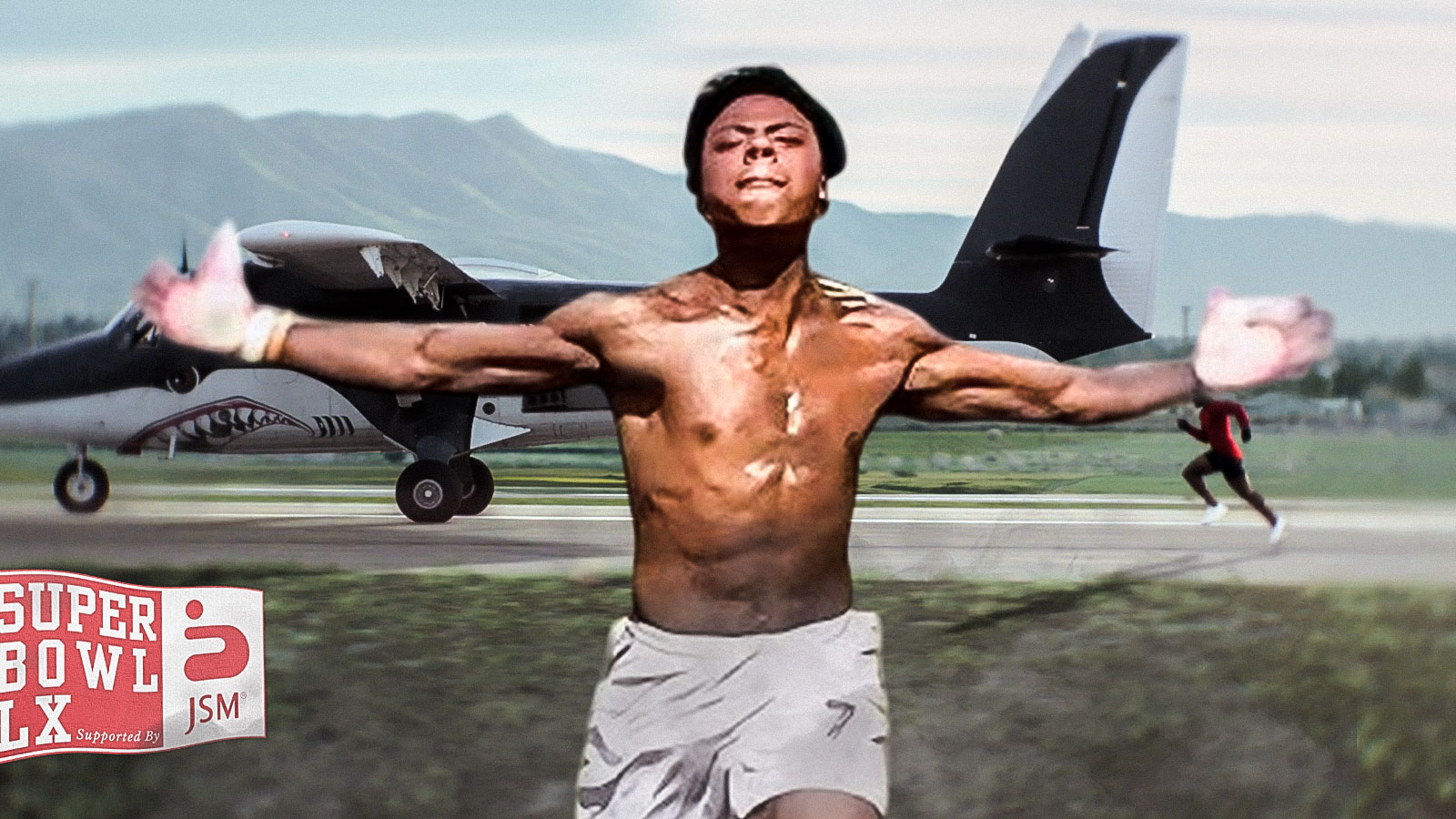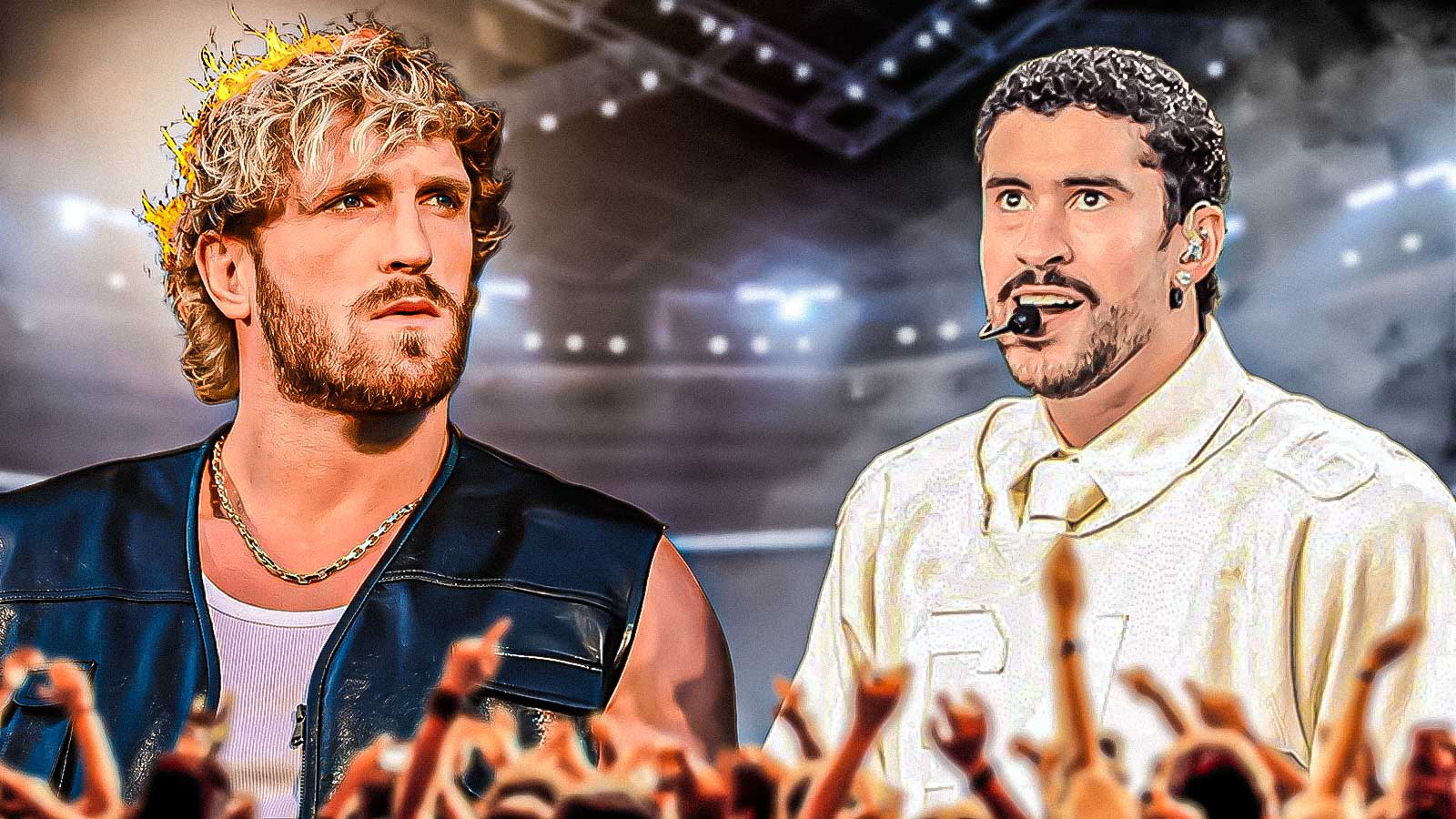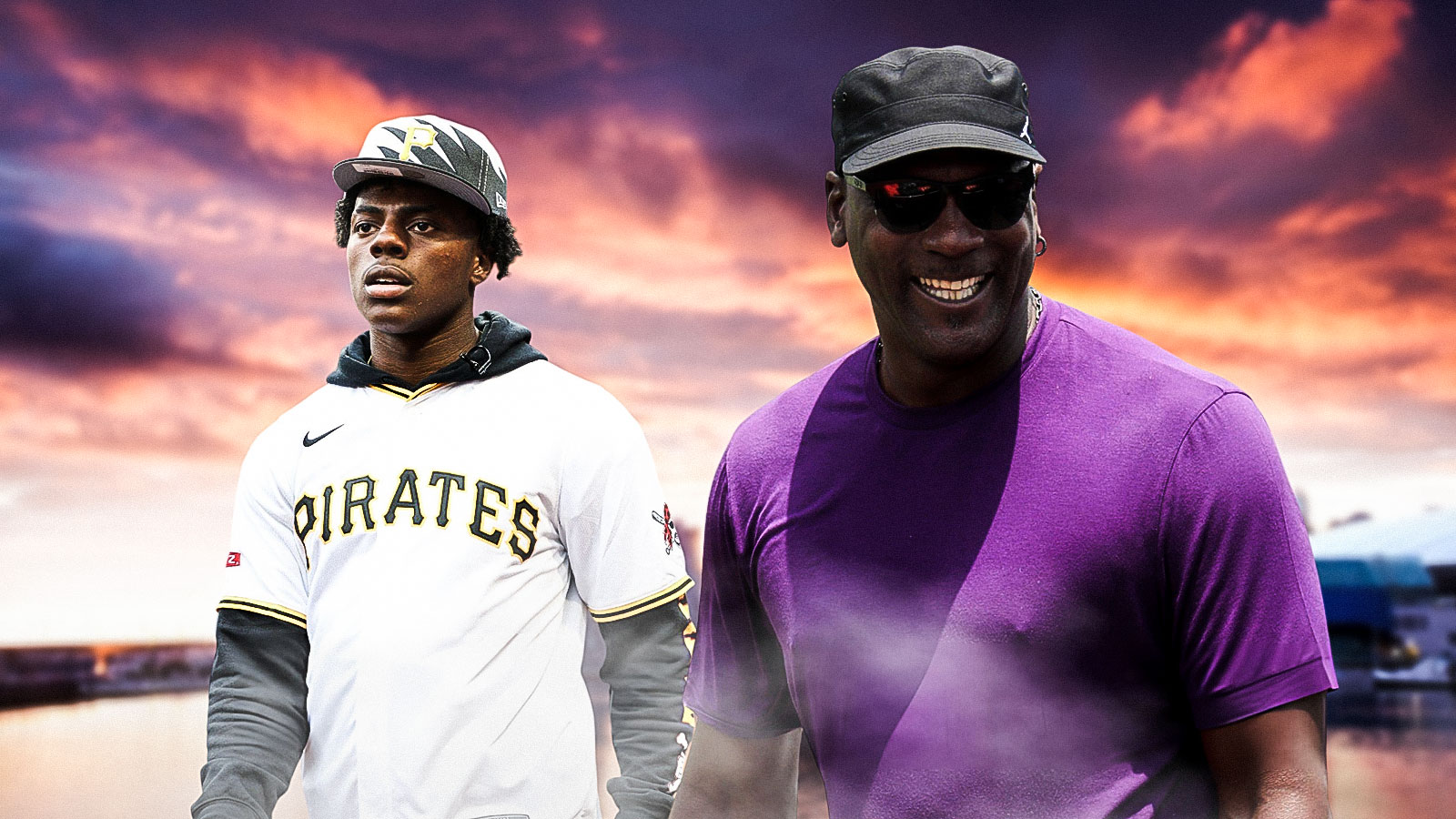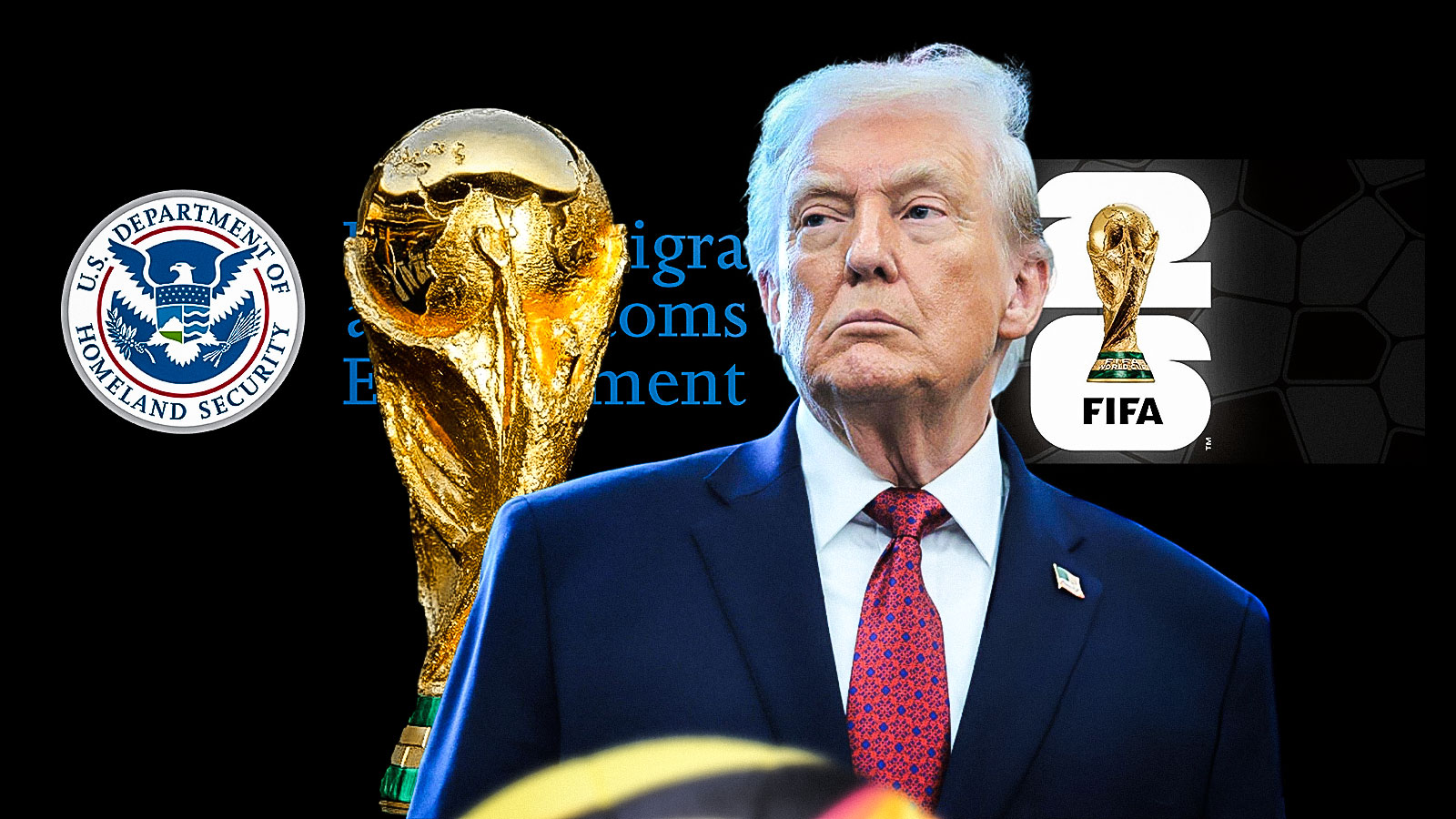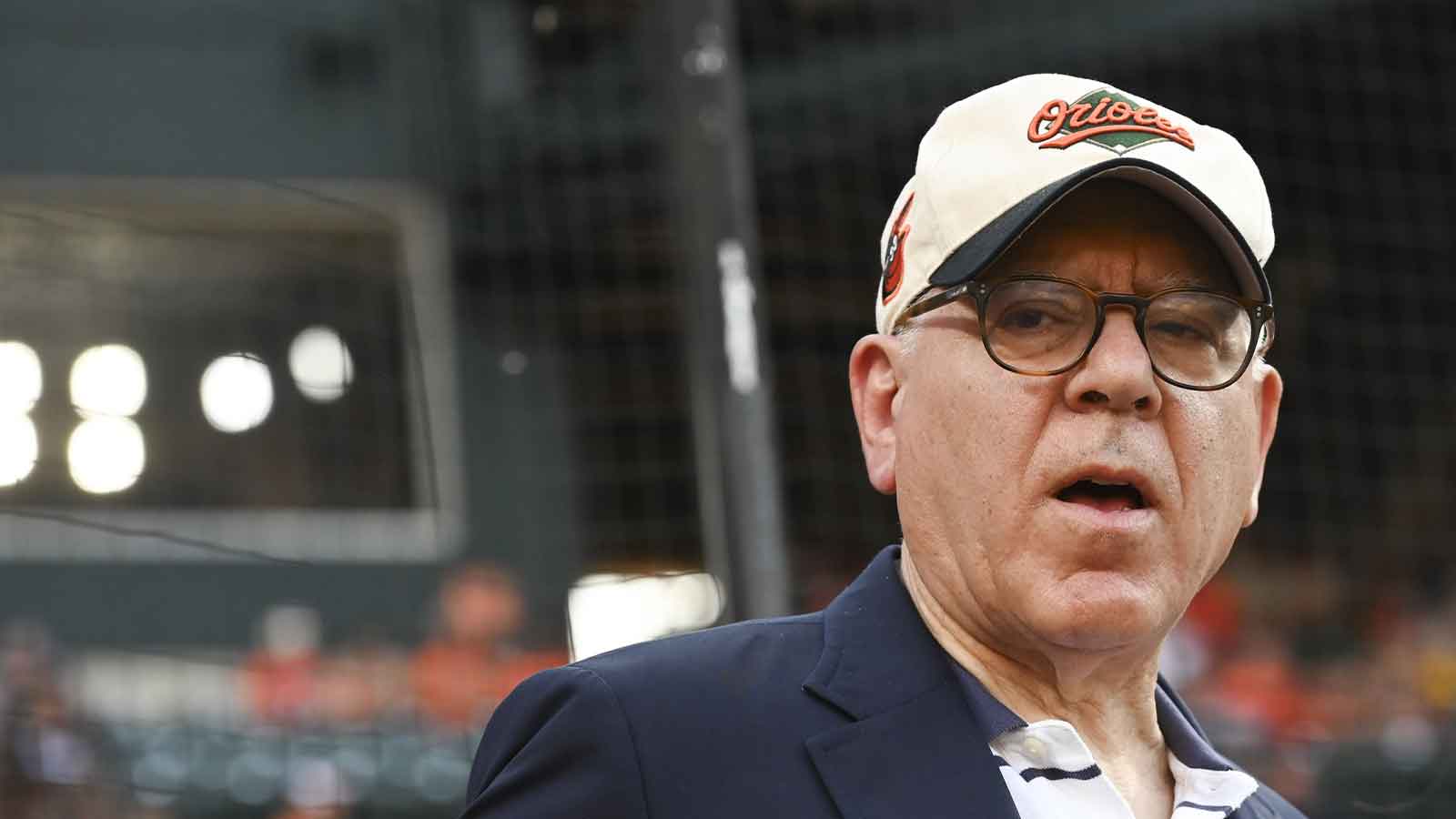In the realm of celebrity controversies, the clash between late-night host Jimmy Kimmel and NFL quarterback Aaron Rodgers has escalated from humorous jabs to legal threats. The latest spat between the two public figures erupted when Rodgers hinted at Kimmel's potential involvement in the Jeffrey Epstein saga during a recent appearance on the Pat McAfee Show. This altercation is just the latest chapter in a feud that began brewing in 2021 and has since evolved into a series of pointed remarks and allegations, The NYPost confirms.
A Timeline of Discord
The rift between Kimmel and Rodgers traces its origins back to November 2021. Kimmel, on his show “Jimmy Kimmel Live,” took aim at Rodgers after the quarterback tested positive for COVID-19. Not holding back, Kimmel poked fun at Rodgers' unconventional treatment choices and hairstyle, labeling him a “Karen” and calling out his misleading statements regarding vaccination status.
The feud continued to simmer as Kimmel critiqued Rodgers for seeking medical guidance from Joe Rogan and his comments on vaccination skepticism. Kimmel's scathing remarks didn't hold back, drawing comparisons to disgraced figures like Bernie Madoff and Kyrie Irving while questioning Rodgers' integrity.
Revisiting Old Wounds
After a period of relative quietude, the feud rekindled in February 2023 when Rodgers voiced a conspiracy theory on UFOs, linking them to distractions amidst the potential release of the Epstein client list. His comments, hinting at hidden agendas and implying a cover-up, caught Kimmel's attention.
Kimmel, not one to shy away, swiftly fired back on his show, mocking Rodgers' statements and insinuating concerns about the quarterback's well-being, referencing the need for a “concussion protocol.” The tension grew as Rodgers' teammate, David Bakhtiari, joined the fray with a sarcastic tweet aimed at Kimmel.
The Epstein List Controversy
The latest flare-up in this ongoing saga occurred during Rodgers' recent appearance on the Pat McAfee Show. In veiled insinuations, Rodgers hinted at Kimmel's potential unease about the impending release of the Epstein client list, sparking a swift and forceful response from the late-night host.
Kimmel vehemently denied any association with Epstein, denouncing Rodgers' comments as reckless and potentially endangering his family. The heated exchange culminated in Kimmel's threat of legal action, addressing Rodgers directly on Twitter and vowing to confront the matter in court if necessary.
“Dear Aa-shole: for the record, I’ve not met, flown with, visited, or had any contact whatsoever with Epstein, nor will you find my name on any “list” other than the clearly-phony nonsense that soft-brained wackos like yourself can’t seem to distinguish from reality,” Kimmel tweeted. “Your reckless words put my family in danger. Keep it up and we will debate the facts further in court @AaronRodgers12.”
Kimmel didn't waste any time getting that message off. The interesting part will be how Aaron Rodgers decides to respond to this.
Consequences and Contemplations
The clash between Kimmel and Aaron Rodgers represents more than just a spat between celebrities. It underscores the power and responsibility wielded by public figures and the consequences of their words. What started as lighthearted banter has now escalated into legal threats, showcasing the potential ramifications of unchecked remarks in the public sphere.
Furthermore, this feud highlights the intersection of personal beliefs, public image, and accountability. The tussle between Kimmel and Rodgers isn't merely a clash of personalities but reflects broader societal debates on vaccination, conspiracy theories, and the influence celebrities hold in shaping public discourse.
Lessons Learned
As this feud continues to unfold, it serves as a poignant reminder of the impact of words in an increasingly interconnected world. The responsibility that comes with wielding a public platform is profound, emphasizing the need for cautious and thoughtful communication, even in the heat of disagreements.
Beyond the entertainment value of celebrity clashes, this saga prompts introspection on the boundaries of discourse, the weight of accusations, and the potential repercussions of unchecked rhetoric. It highlights the importance of fact-checking, responsible commentary, and the ethical considerations that should accompany public statements, especially when addressing sensitive and serious topics.
The Kimmel-Rodgers feud may be a tale of personal animosity, but its implications ripple into broader societal conversations, prompting reflection on the power and accountability of those in the public eye.
As this drama continues to unfold, it serves as a stark reminder of the impact and responsibilities that accompany fame and the necessity of measured, considerate dialogue even amidst disagreements. The clash between Kimmel and Rodgers underscores the need for responsible communication and thoughtful engagement in the public sphere, transcending personal disputes to spotlight the broader societal implications of unchecked rhetoric.

